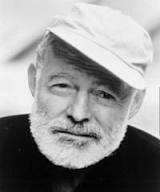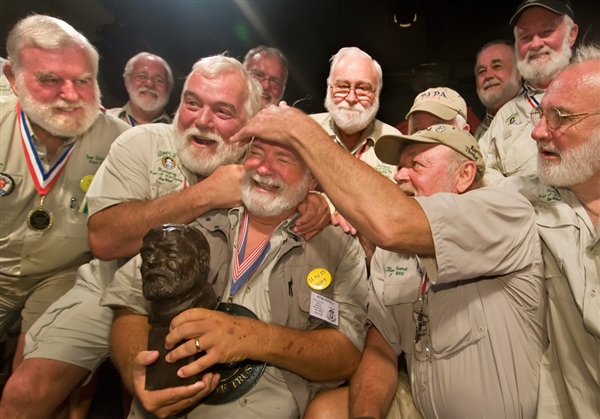Tip To Jurors: Leave Heroin Stash At Home While Sitting On Case
By admin on September 26, 2013
As reported by the New York Law Journal on September 19, 2013, Manhattan Supreme Court Justice Manuel J. Mendez determined in Matter of Esteban v. Department of Education of the City School District of the City of New York, 651904/13, that a high school teacher in a New York City public school was fit to continue working in the classroom despite having been caught red-handed with twenty small bags of heroin while attempting to enter Manhattan Supreme Court, where he was serving on jury duty.
Justice Manuel J. Mendez determined in Matter of Esteban v. Department of Education of the City School District of the City of New York, 651904/13, that a high school teacher in a New York City public school was fit to continue working in the classroom despite having been caught red-handed with twenty small bags of heroin while attempting to enter Manhattan Supreme Court, where he was serving on jury duty.
Judge Mendez set aside an arbitrator’s determination that the teacher was unfit calling the ruling “excessive and shocking to this Court’s sense of fairness.” After all, reasoned Judge Mendez, there was no evidence that any students were harmed as a result of the teacher being busted bringing heroin to court.
 The October 2012 incident launched stories in all of New York’s major newspapers including the Daily News, which ran an article with the headline, “Junkie High School Teacher Sent to ‘Rubber Room’ After He Was Busted Bringing Heroin to Court.” The arbitrator concluded that the teacher had subjected both himself and the Department of Education to “extremely widespread ridicule” which compromised his ability to retain the respect of students or his ability to teach effectively. Moreover, he found that the Department of Education had no way of determining whether the teacher had brought the same drugs into a school building posing a risk to students.
The October 2012 incident launched stories in all of New York’s major newspapers including the Daily News, which ran an article with the headline, “Junkie High School Teacher Sent to ‘Rubber Room’ After He Was Busted Bringing Heroin to Court.” The arbitrator concluded that the teacher had subjected both himself and the Department of Education to “extremely widespread ridicule” which compromised his ability to retain the respect of students or his ability to teach effectively. Moreover, he found that the Department of Education had no way of determining whether the teacher had brought the same drugs into a school building posing a risk to students.
Corporation Counsel Michael A. Cardozo summed up Judge Mendez’s opinion succinctly, “We cannot fathom how a teacher who took twenty bags of heroin into a court house is fit to stand in front of a classroom and teach the City’s schoolchildren.” Surely, it cannot be comforting to the parents of students at the Williamsburg High School for Architecture and Design that their children’s teacher did not have the sense to leave his heroin stash at home while serving on jury duty.
What is remarkable about the court’s ruling was the finding that the arbitrator’s decision was “excessive and shocking.” Apparently, overturning the arbitrator’s determination was not even a close call. Taking this teacher out of the classroom was “excessive and shocking.”
close call. Taking this teacher out of the classroom was “excessive and shocking.”
After all, Judge Mendez credited the teacher’s testimony that he only indulged his heroin habit over the weekend– never on school days. Moreover, the teacher claimed he had gone through a heroin detox treatment and had been off heroin for a long time prior to his arrest, and had merely “forgotten” that he had twenty bags of heroin in his backpack when he reported for jury duty. Was this the backpack he was toting to school every day prior to his arrest?


